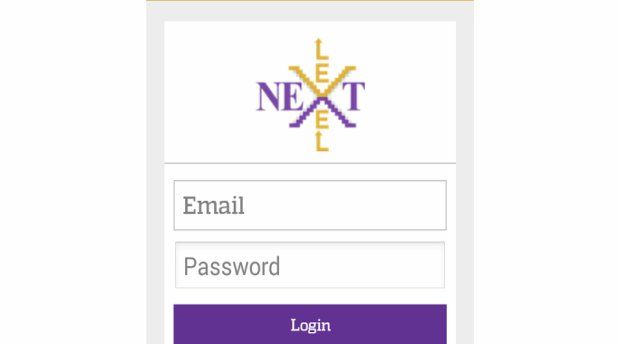What Really Happens When We Receive Personalized Ads
Post Views 1Summary: Every time we conduct a search or use the internet, our activity is monitored and used to give us relevant ads but there is more into this data collecting than most of us realize.
Have you noticed how you just have to search for one thing online and all of a sudden all your ads on Facebook and other sites are filled with that item or things similar to it. You may be planning a trip to Hawaii and now all you see are ads for Hawaii. We know that our activity is tracked and then content based on our activity is targeted towards us but what exactly is being tracked? The sophistication involved in online ad tracking has greatly advanced since even a few years ago.
Arvind Narayanan, an Assistant Professor of Computer Science at Princeton, explains how websites keep track of what you are searching and can recall that information later, “What this technology is really good at doing is following you from site to site, tracking your actions, and compiling them into a database, usually not by real name, but by a pseudonymous numerical identifier.”
While most of understand that companies collect data but we may not understand how they use the data they collect. Narayanan explains in the article that those collecting data are most interested in our browsing and search history. There are other uses for our data. Some data is used to cater prices for specific users. In 2012, it was uncovered that Orbitz showed different options to uses depending on their computer. Users on a Mac were shown more expensive hotels where as a PC user was shown the less expensive hotels. Staples is also known to use this data to only show price discounts to users that have a competitors store within 20 miles.
You may wonder how they are able to know such specific details about each user but Narayanan says that each “device behaves in a subtly different way when the code on the web page interacts with it, and this can be used to derive a fingerprint of the device, so the third parties can tell when the same user of the same device is visiting again.” The name of this process is canvas fingerprinting.
There are a number of other processes, some less respectable of privacy. While they may not have your personal name, they know everything else about you. As Narayanan puts it, “The impact of personalization, in terms of different prices or products, is equally feasible whether or not they have your real name.” There is evidence indicating that the NSA uses these cookies and third parties for their own surveillance.
There is always the possibility of a leakage of your actual information from a rogue employee or hacker. Luckily there are tools out there that we can use to safeguard our identity such as Tor and Ghostery.
Source: http://www.digitaltrends.com/computing/how-do-advertisers-track-you-online-we-found-out/
Photo: cmrservices.biz
What Really Happens When We Receive Personalized Ads by Amanda Griffin



 12 Companies That Profit Off Sexual Exploitation
12 Companies That Profit Off Sexual Exploitation  Fast Food Companies Look to Their Consumers for Advertising
Fast Food Companies Look to Their Consumers for Advertising  “Deadzone Diners” Takes a Different Approach to Cellphone Usage
“Deadzone Diners” Takes a Different Approach to Cellphone Usage  Advertisers Turn to Outlets Other Than Traditional Television
Advertisers Turn to Outlets Other Than Traditional Television  Next Level Text Allows Anyone to Fundraise
Next Level Text Allows Anyone to Fundraise  Project Gravitas Prepares for Black Friday with ‘Message in a PG Box’
Project Gravitas Prepares for Black Friday with ‘Message in a PG Box’